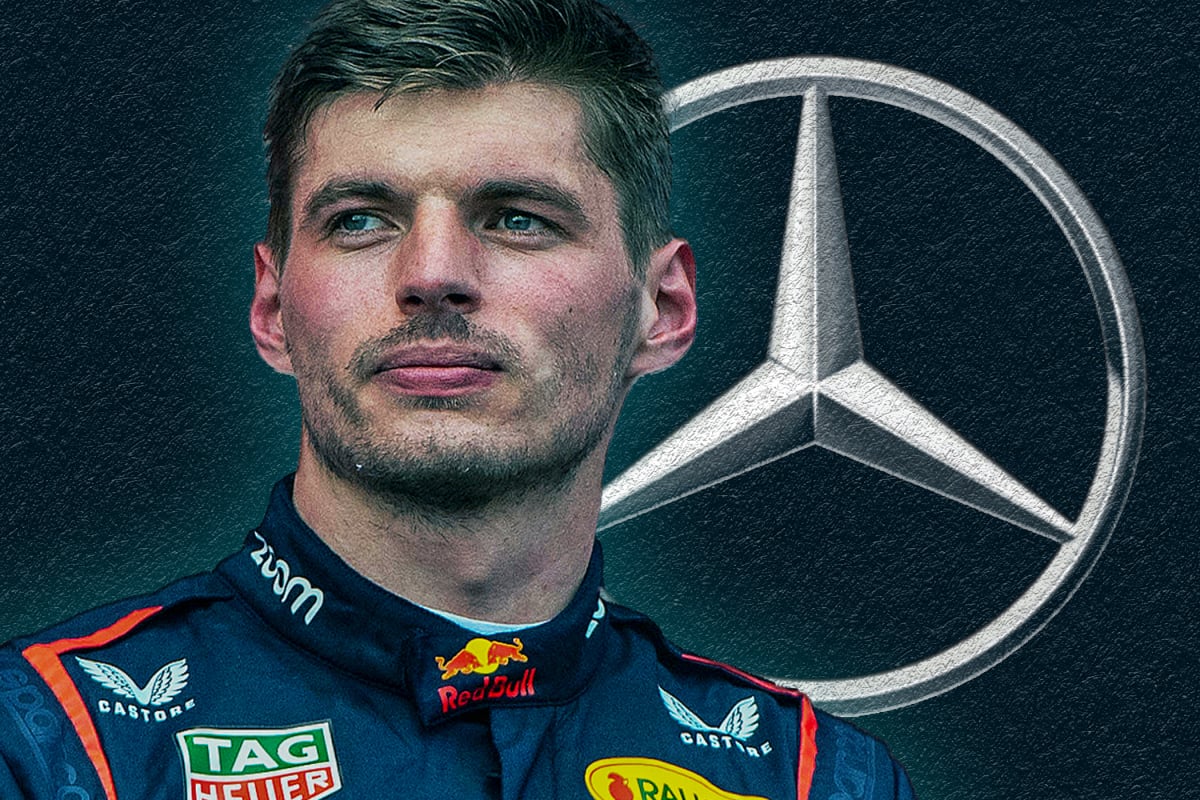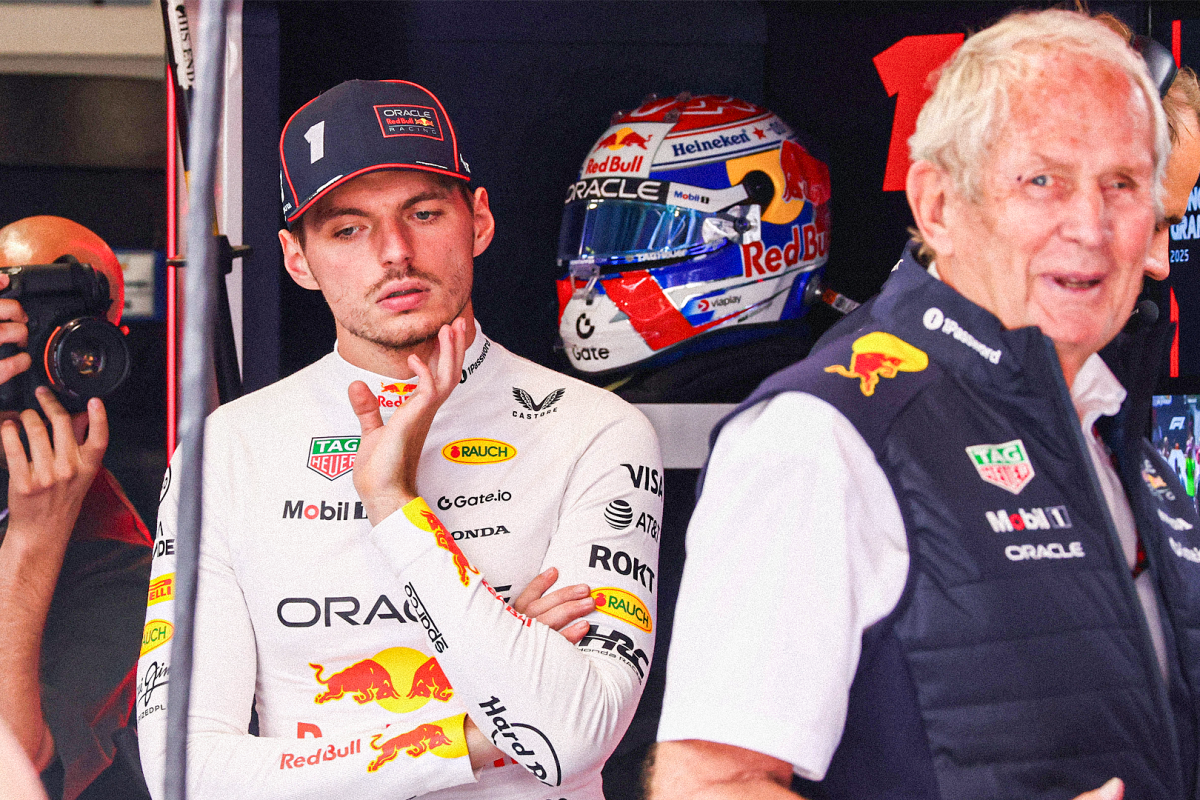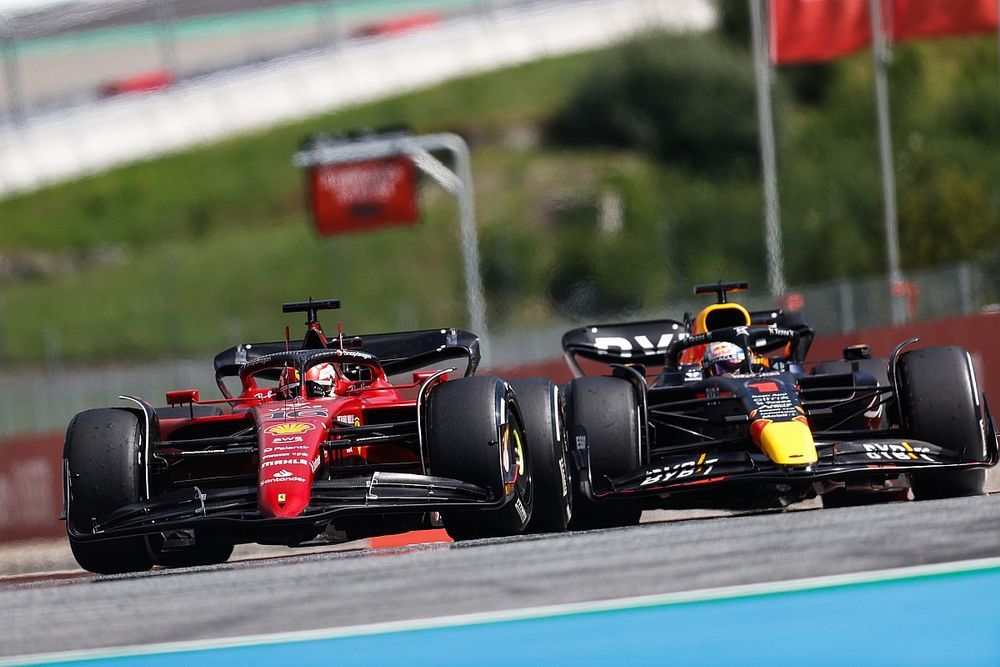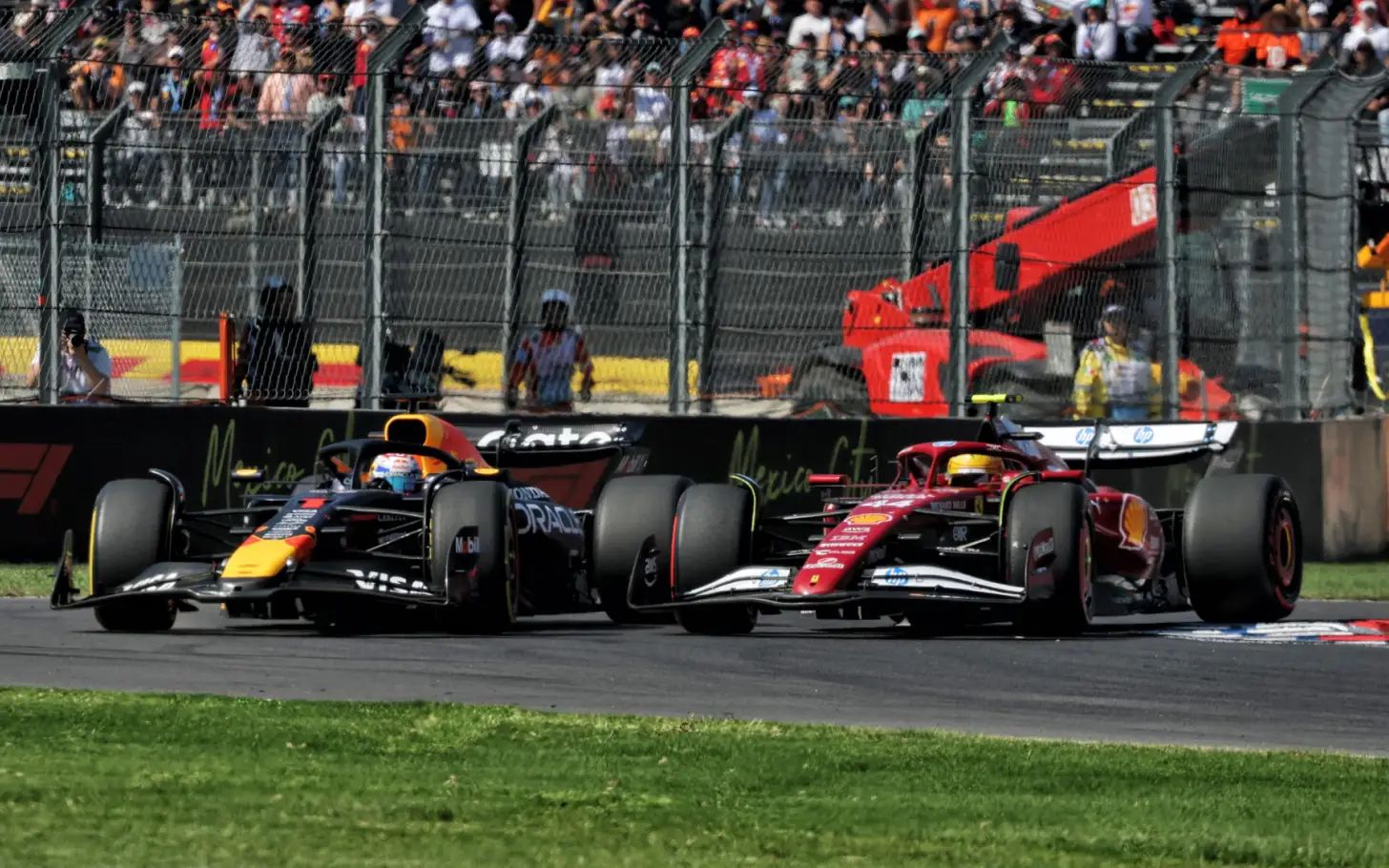The Consequences of a Max to Mercedes Move
The potential transfer of Max Verstappen to Mercedes-AMG Petronas Formula One Team could have far-reaching consequences for the competitive structure of Formula 1, both on and off the track. Widely regarded as the most dominant driver of the current generation, Verstappen’s departure from Red Bull would mark a dramatic shift in the balance of power within the sport.
Impact on Red Bull Racing
Red Bull would face immediate pressure to fill the void left by their lead driver, whose performance has been instrumental in securing recent championships. Verstappen’s exit could destabilize the team’s competitive edge, affect sponsor confidence, and lead to a reassessment of their long-term development plans. With no clear successor in place, Red Bull’s continuity at the front of the grid would be seriously challenged.
Mercedes’ Championship Revival
For Mercedes, the acquisition of Verstappen would represent a strategic masterstroke. Following several seasons of underperformance, the team would regain a proven world champion capable of delivering immediate results. The combination of Verstappen’s talent and Mercedes’ resources could create a formidable pairing ahead of the 2026 regulation changes.
Driver Market Disruption
Verstappen’s move would likely result in a significant reshuffle across the driver market.
- George Russell, Mercedes’ current lead driver, may be forced to seek opportunities elsewhere, with Red Bull and Aston Martin identified as potential destinations.
- Red Bull, in turn, would need to recruit a top-tier replacement, with names such as Carlos Sainz, Liam Lawson, and Alex Albon emerging as likely candidates.
Commercial and Political Fallout
Beyond competitive implications, the transfer would intensify the ongoing rivalry between Toto Wolff and Christian Horner, with potential political consequences within Formula 1’s governance. Moreover, Verstappen’s global profile and commercial value could shift major sponsorship dynamics in favor of Mercedes, influencing brand partnerships and fan allegiance.
Conclusion
In summary, the consequences of a Max to Mercedes move extend well beyond the driver lineup. It would mark a transformative moment in modern Formula 1—altering team strategies, market dynamics, and possibly reshaping the future competitive landscape of the sport.




